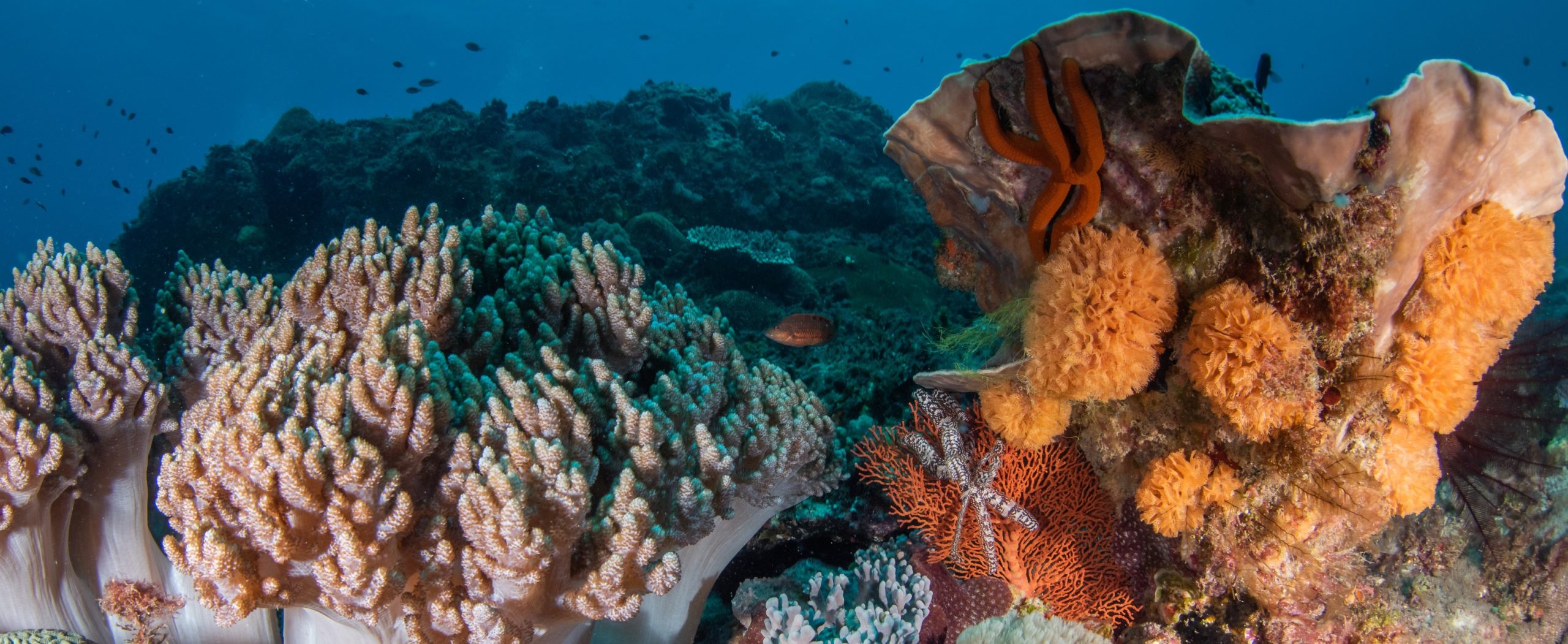Well-resourced marine protected areas (MPA) are better managed, leading to improved ecological outcomes. Tourism is often cited as an important source of financial support for MPA management, yet it is unclear whether funding from visitor entry fees improves the effectiveness of the world's MPAs. Here we ask whether fees to enter MPAs associate with enhanced fish biomass, a key ecological goal of many MPAs, and whether relations exist among entry fees and management effectiveness. In an analysis of 86 MPAs, we found entry fees were associated with greater fish biomass when compared to parks without entry fees, but only for parks with lower scores for management effectiveness. A global assessment of management survey responses from 214 MPAs suggested the hypothesis that MPA entry fees benefit budget security and staff capacity to carry out critical management activities. Together, the results suggest a mechanism whereby entry fees support greater capacity to educate parks users on rules and enforce those rules. Future work should look at the details of MPA budgets to unravel the relationship between funding, management activities and ecological outcomes. Dependency on tourism also comes with the important implication that declines in tourism caused by socio-economic shocks and geopolitical events may have affected the financial security and therefore possibly the ecological effectiveness of MPAs.
